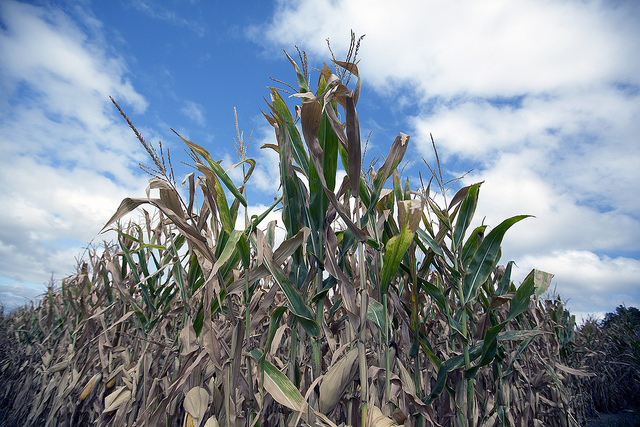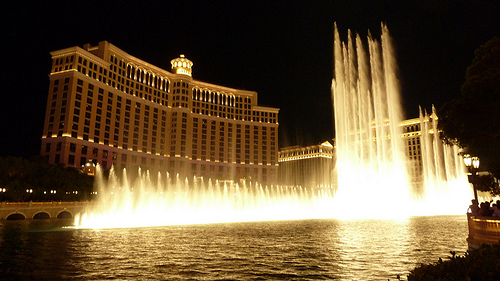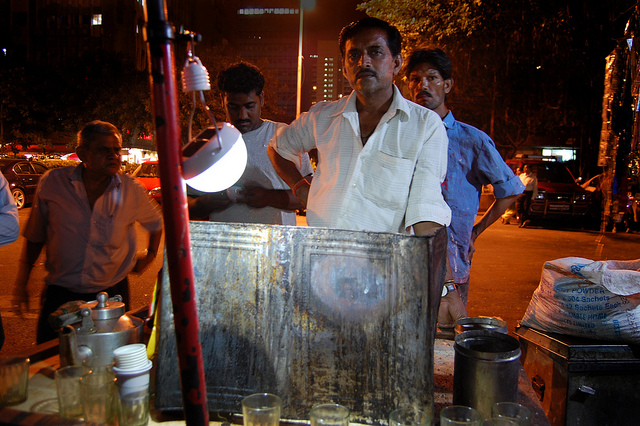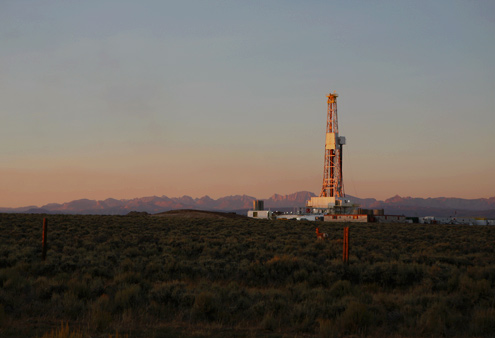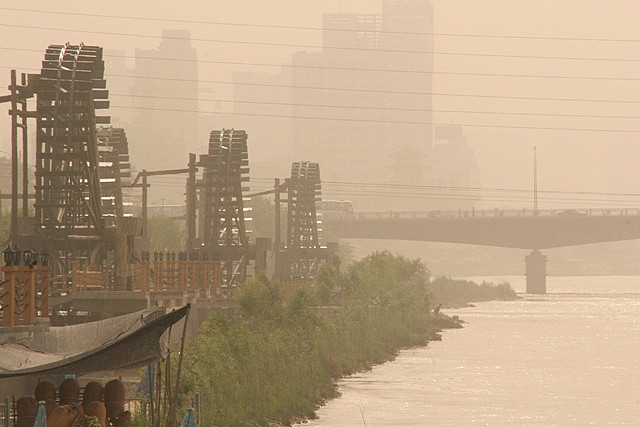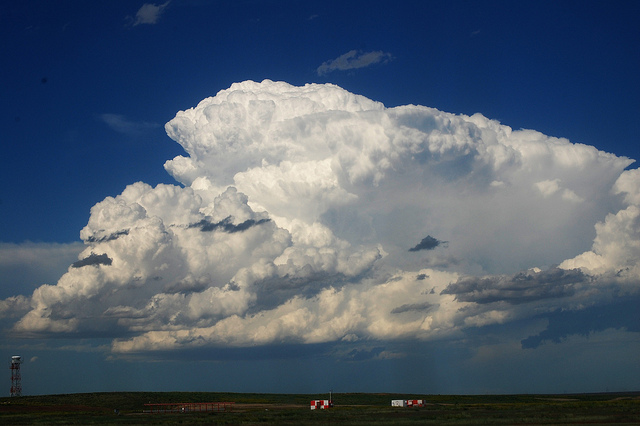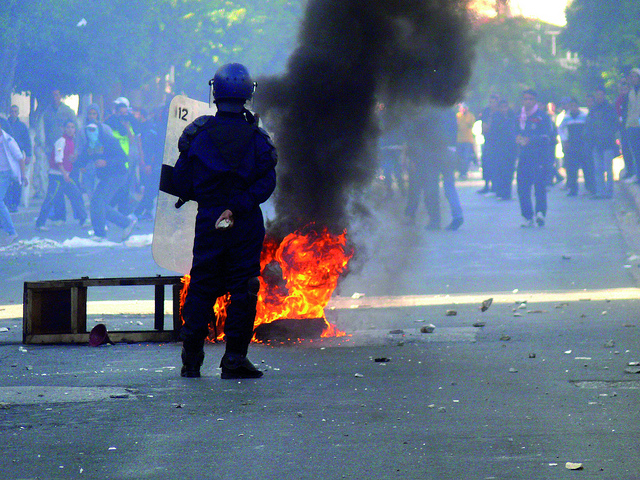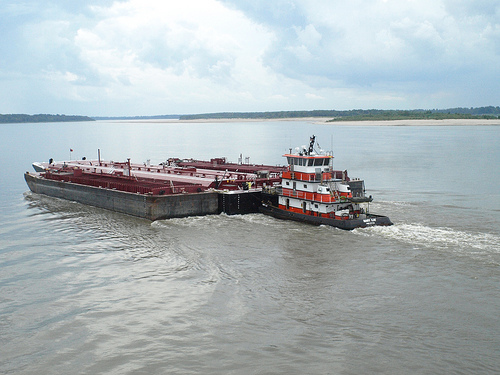Podcast: Play in new window | Download
Subscribe: RSS

Famine, as visualized by sculptor Rowan Gillespie on Custom House Quay in Dublin, Ireland. Famine is what hedge fund manager Jeremy Grantham is really talking about in his latest investor letter. (Photo by William Murphy/Flickr)
The skipper of one of the larger hedge funds on the planet — $100 billion under management — has just laid out, again, in wonkish detail and with financial sophistication, the evidence that the industrialized world has fallen to its knees and is about to topple onto its face. He says, in short, Brace for Impact, and anyone who has any interest in surviving the next couple of decades on Planet Earth would be well advised to read his report — and act accordingly. Continue reading
